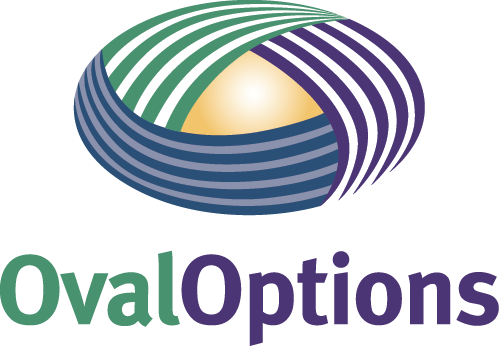PIONEERING GARMENT SECTOR INITIATIVE COMES TO A CLOSE
Our friends at Meta-Culture in Bangalore, India have announced the conclusion of their 2-year dialogue with the GSR. Facilitation of this magnitude, length, reach, and number and diversity of participants is a remarkable accomplishment, requiring time, patience, finances and ongoing learning on behalf of all involved. OvalOptions wishes to send our sincere congratulations to Ashok Panikkar, Beth Fascitelli, the Meta-Culture staff and the entire GSR community. Great job all!Official Press Release:BANGALORE (May 25, 2013) – Earlier this month, participants of the Garment Sector Roundtable (GSR) convened for their final meeting. Over two years and thirteen plenary meetings, the GSR established itself as a first-of-its-kind professionally facilitated multi-stakeholder initiative in India and in the garment sector globally.The GSR brought together various garment sector actors with historically competing interests and adversarial relationships. Participants included representatives from multi-national brands, Indian manufacturers, industry associations, government, trade unions, international and domestic NGOs, and research institutions. Through the GSR, participants engaged in constructive dialogue on issues that normally would provoke intense debate and disagreement.“The GSR helped us engage in difficult conversations and understand the various positions of stakeholders,” said Rishi Sher Singh, India Programs Director, Social Accountability International (SAI). “SAI benefitted from the intense discussions on topics such as living wages and freedom of association, wherein all stakeholders shared their viewpoints and related challenges.”Reflecting on her GSR experience, Linda Johansson from H&M India Pvt Ltd commented, “I learned a lot about NGOs and trade unions – I couldn't have gotten that learning anywhere else.”Conceived in September 2009 and finally launched in January 2011, the GSR process was designed and facilitated by professional facilitators from Meta-Culture in Bangalore. Meta-Culture is a pioneering organization in India, which seeks to use methodologies such as mediation, dialogue facilitation, and consensus building to help people in conflict engage in meaningful and constructive ways.“The GSR was a landmark experiment in India, where productive dialogue among opposing parties rarely happens,” said Ashok Panikkar, Meta-Culture’s Founder and Executive Director. “We hope to do more of this work in other sectors going forward.”Challenged with lack of funds and pressure to achieve short-term results, the GSR came to an official close on 8th May 2013. At the final meeting, participants expressed their feelings about the GSR’s closing, reflected on its achievements, and identified learning for future multi-stakeholder initiatives.Among the GSR’s achievements were strengthened stakeholder communication and increased instances of formal and informal collaboration between organizations. At the May meeting, Coen Kompier, Senior Specialist at the International Labour Organization, rattled off the names of ten other GSR participants with whom he had engaged outside of the GSR.Gopinath Parakuni, General Secretary of Cividep India and a founding member of the GSR, said, “The GSR provided a platform to share concerns and improve understanding among stakeholders. Such platforms can help stakeholders in the garment sector work together.”The GSR also launched two joint action initiatives based on common stakeholder interests: the Joint Fact Finding research on labour shortage and turnover in garment factories, and the Women’s Supervisory Training Program for women tailors to become shop floor supervisors. Both projects are ongoing and have the potential for long-term impact.About these projects, Kompier commented, “We have made an agreement to concretely address sexual harassment issues through the WSTP. The project’s uniqueness lies in the multi–stakeholder approach. The same applies to the research on labour turnover.”One participant expressed frustration about how some sector stakeholders thought that the ending of GSR after two years meant that it was a “failure.” Meta-Culture facilitator Beth Fascitelli responded, “We are here to honor the efforts of the GSR and determine how our learning can be useful to other such processes in the future. How can we replace the language of ‘failure’ with the more useful language of ‘learning’?”While realistic about the challenges of sustained multi-stakeholder initiatives like the GSR, participants and facilitators are optimistic about the GSR’s influence on future initiatives. “The path to social dialogue is slow, painstaking and meandering!” said Singh. “The GSR has successfully laid the benchmark for industry dialogue processes in India.”
